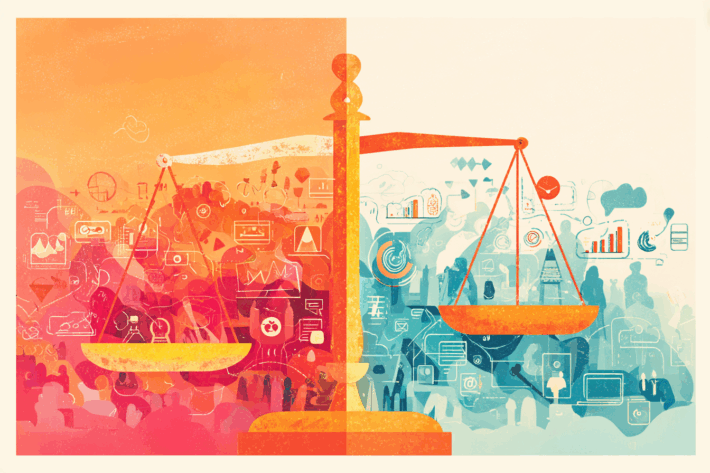In the ever-evolving landscape of the professional world, understanding the concept of Soft Skills vs. Hard Skills has become increasingly vital for success. While hard skills are often the focus of many educational and training programs, soft skills play an equally important role in personal and professional development. Balancing these two types of skills is essential for anyone looking to thrive in their career.
Understanding Hard Skills
Hard skills are the specific, teachable abilities or knowledge that can be defined and measured. These skills are typically acquired through formal education, training programs, or on-the-job experience. They are quantifiable and can be easily demonstrated through tests, quizzes, or practical applications.
Examples of Hard Skills
- Technical proficiencies (e.g., programming languages, software applications)
- Mathematical skills (e.g., data analysis, statistics)
- Foreign language fluency
- Project management techniques
- Certifications in specific fields (e.g., IT, finance, healthcare)
Understanding Soft Skills
Soft skills, on the other hand, are less tangible and more difficult to quantify. They relate to how you work and interact with others. Often referred to as interpersonal or people skills, these important traits can significantly affect your ability to perform in a collaborative environment.
Examples of Soft Skills
- Communication skills (verbal and written)
- Emotional intelligence
- Teamwork and collaboration
- Problem-solving abilities
- Adaptability and flexibility
- Time management
The Importance of Soft Skills vs. Hard Skills
In today’s job market, the debate over Soft Skills vs. Hard Skills has become prominent. Employers are increasingly recognizing that technical expertise alone is not sufficient for success. The ability to communicate, collaborate, and adapt is equally vital.
Why Employers Value Soft Skills
Employers often look for candidates who possess strong soft skills because they contribute to a positive workplace culture and enhance team dynamics. Here are a few reasons why soft skills are highly valued:
- Enhanced Collaboration: Employees with good soft skills are better at working with others, fostering a collaborative environment.
- Improved Communication: Effective communicators can convey ideas clearly, reducing misunderstandings and increasing productivity.
- Strong Leadership Potential: Leaders with high emotional intelligence can inspire and motivate their teams more effectively.
- Greater Adaptability: Individuals who can adjust to changes smoothly are more valuable in dynamic environments.
Striking the Right Balance
To achieve a well-rounded skill set, it’s essential to strike a balance between hard skills and soft skills. Here are some strategies to help you accomplish this:
- Continuous Learning: Engage in ongoing education to improve your hard skills while also seeking opportunities to develop your soft skills.
- Seek Feedback: Ask for feedback from colleagues and supervisors to identify areas for improvement in both hard and soft skills.
- Practice Active Listening: Enhance your communication abilities by actively engaging in conversations and listening to others.
- Take on Leadership Roles: Volunteer for roles that require collaboration and communication, allowing you to hone your soft skills in real-world situations.
Conclusion
In the discussion of Soft Skills vs. Hard Skills, it’s clear that both play crucial roles in career success. While hard skills provide the technical knowledge needed to perform specific tasks, soft skills enhance your ability to work with others, adapt to new situations, and lead effectively. By understanding the importance of both skill sets and making a conscious effort to develop them, you can position yourself for long-term career success in any industry.

